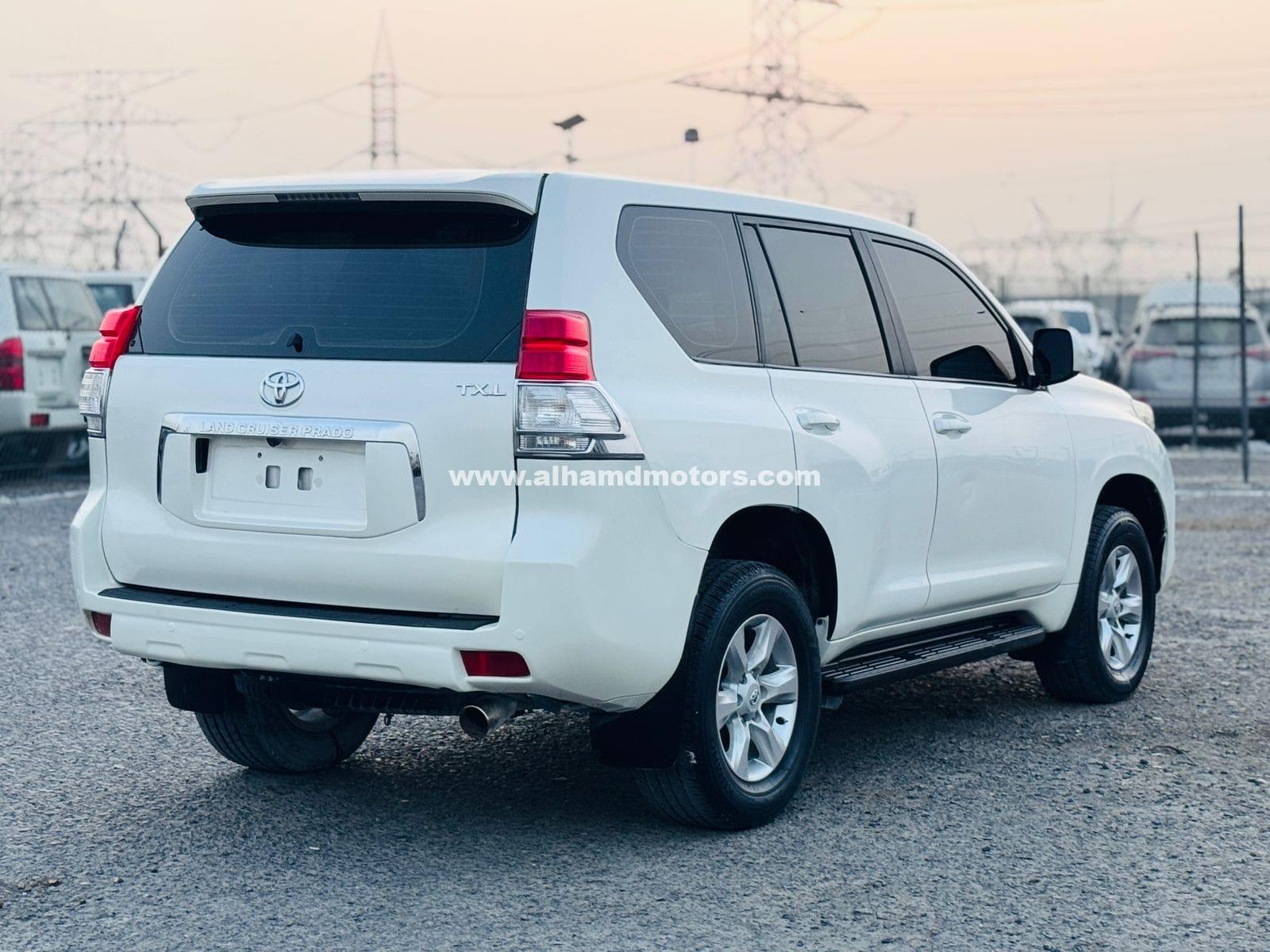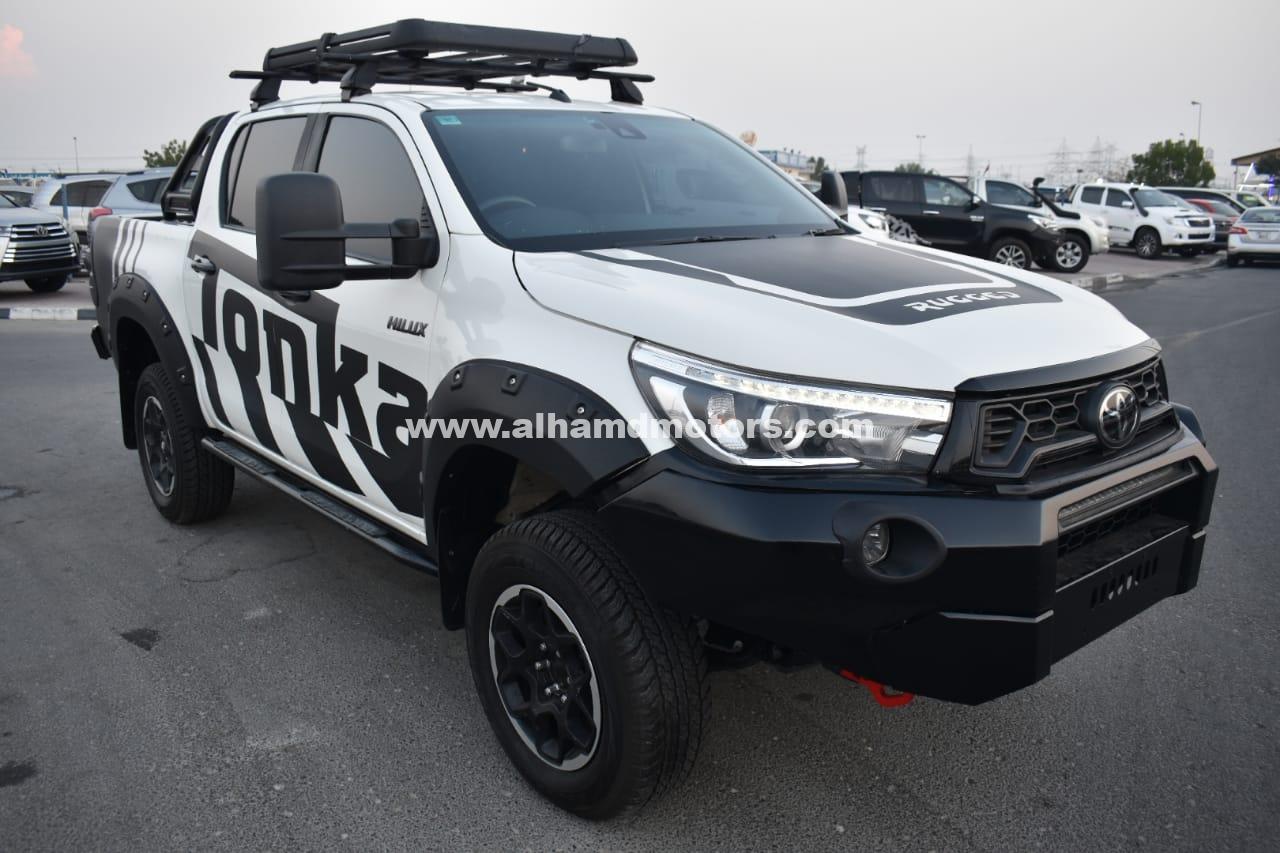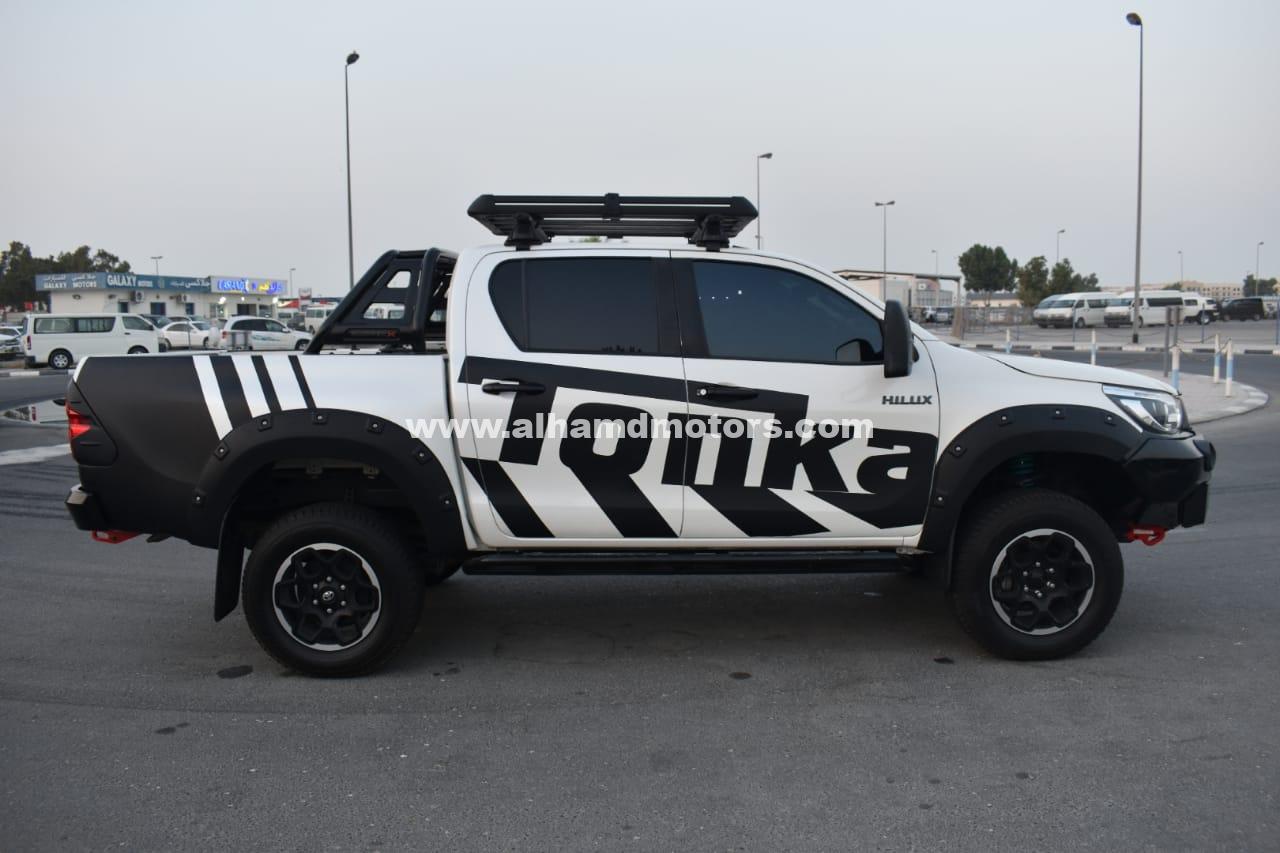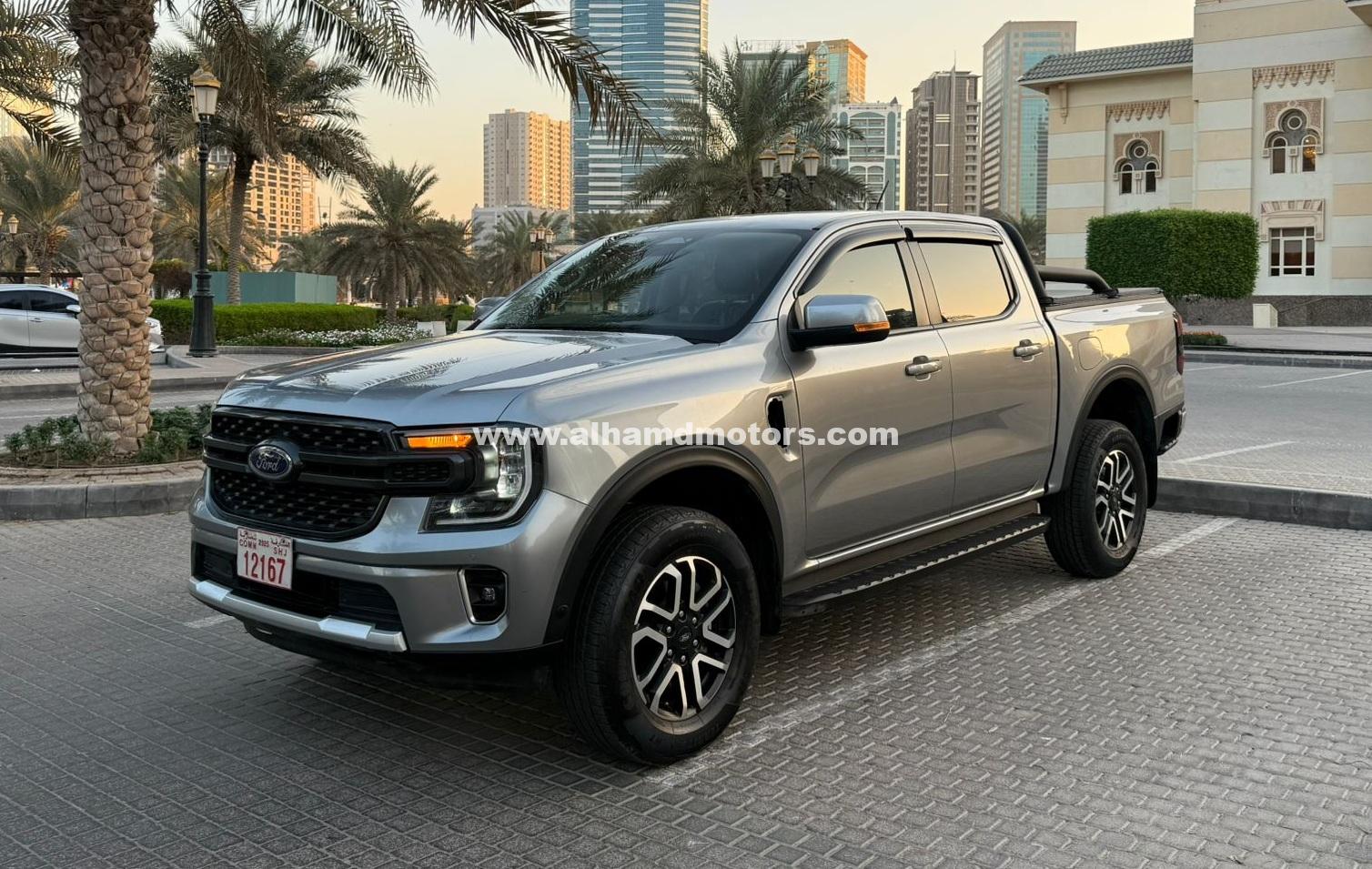
Importing cars from Dubai to Africa has become one of the most reliable and affordable ways for buyers to access high-quality vehicles. Dubai’s automobile market is well-known for its wide selection of new, used, and right-hand drive (RHD) cars that suit African roads and budgets. However, many first-time buyers only calculate the price of the car itself and forget about the hidden costs that come with the importing process.
Failing to consider these costs can lead to unexpected financial strain, delays, and in some cases, the car becoming more expensive than planned. This guide will walk you through the most common hidden costs African buyers overlook when importing cars from Dubai, so you can plan better and avoid surprises.
1. Shipping Charges Beyond the Base Rate
Many buyers think that once they pay the shipping cost, everything is covered. However, shipping costs often include multiple layers such as:
- Container fees – If your vehicle is shipped in a container rather than roll-on/roll-off (RoRo), you may pay extra for container loading and unloading.
- Port handling charges – Each port charges fees for managing the vehicle upon arrival.
- Security surcharges – Some shipping lines add mandatory security or documentation surcharges.
Even a small difference in shipping options can increase costs significantly. Always clarify the total shipping package with your exporter in Dubai.
2. Customs Duties and Import Taxes
Customs duties are one of the largest expenses buyers overlook. Each African country has its own import duty rates based on the vehicle’s age, engine size, and type. In addition, you may need to pay:
- Value Added Tax (VAT) or Goods & Services Tax (GST)
- Excise duties on luxury or high-capacity vehicles
- Environmental levies for older cars that produce higher emissions
For example, a buyer importing a 4×4 SUV may face higher duties than someone bringing in a small sedan. Failing to calculate customs taxes upfront often leads to unexpected financial pressure once the car arrives.
3. Clearing and Handling Fees at African Ports
Once your car reaches its destination, you’ll need to clear it from the port. This step involves:
- Port clearing agent fees – Agents charge for facilitating the paperwork and customs clearance process.
- Storage fees – If the vehicle is not collected promptly, ports charge daily storage rates.
- Inspection costs – Many African ports require inspection certificates, and additional checks can mean more expenses.
These fees add up quickly, especially if there are delays in documentation or payment.
4. Documentation and Compliance Costs
African buyers sometimes underestimate the cost of paperwork. To legally import and register a car, you may need:
- Bill of Lading and Export Certificate from Dubai
- Inspection certificates such as roadworthiness or pre-export inspections
- Translation fees if documents need to be converted into local languages
- Registration costs for licensing the vehicle in your country
Skipping or mishandling documents can cause costly delays at customs.
5. Insurance Costs
Insurance is another overlooked cost. Vehicles are usually insured during shipment (marine insurance), but this doesn’t cover everything. Once the car lands, you’ll need:
- Transit insurance for inland transportation from port to your city
- Comprehensive or third-party motor insurance before the vehicle can legally drive on African roads
These costs vary depending on the value of the car and your country’s regulations.
6. Currency Exchange Rate Fluctuations
Buyers often overlook how much exchange rates impact the final cost. If you’re paying in UAE dirhams (AED) or US dollars, a sudden drop in your local currency value can increase your expenses dramatically.
For example:
- A car priced at USD 10,000 may cost significantly more in local currency if the exchange rate shifts before final payment.
To avoid surprises, it’s wise to lock in exchange rates with your bank or set aside extra funds to cover fluctuations.
7. Inland Transportation Costs
Getting the car from the port to your city or dealership is another expense buyers forget. Depending on your location:
- Trucking fees may apply if the car has to be transported long distances.
- Fuel and driver charges can add up if you’re collecting the vehicle yourself.
If you’re in a landlocked country, inland transport costs may sometimes equal the shipping fee from Dubai.
8. Modifications and Compliance Upgrades
Not all vehicles imported from Dubai are ready for African roads. In some cases, buyers must pay for:
- Right-hand drive conversions (if importing from left-hand drive stock)
- Emission control modifications to meet environmental standards
- Road safety upgrades such as speed governors or reinforced suspensions for rough terrains
These compliance modifications can quickly add hundreds or even thousands of dollars to the overall cost.
9. Unexpected Penalties and Demurrage
Delays in customs clearance often lead to demurrage charges. This happens when a car stays at the port longer than the free storage period. Penalties can also arise if:
- Documentation is incomplete
- Import duties are underpaid
- There are disputes over vehicle valuation
These hidden penalties can turn what seemed like a budget-friendly deal into a costly mistake.
10. Maintenance and Servicing After Arrival
A final hidden cost is the servicing needed once the car arrives. Even though Dubai cars are usually in good condition, buyers often need to spend on:
- Battery replacements (if the car sat idle during shipping)
- Fluids and filters to adapt to local fuel quality
- Tyre replacements if the car is meant for tougher African roads
Factoring in this post-arrival maintenance ensures your car is road-ready and reliable.
How Al Hamd Motors Helps Buyers Avoid Hidden Costs
At Al Hamd Motors, we understand that transparency is key when exporting vehicles from Dubai to Africa. With over two decades of experience, our team provides:
- Clear cost breakdowns upfront so buyers aren’t surprised later.
- Assistance with documentation to minimize delays and penalties.
- Affordable shipping solutions tailored to each African destination.
- Expert guidance on duties, taxes, and compliance requirements.
By choosing a trusted partner like Al Hamd Motors, African buyers can save time, money, and stress while ensuring their vehicle arrives safely and legally.
Final Thoughts
Importing cars from Dubai is one of the smartest moves African buyers can make to access quality vehicles at competitive prices. But ignoring the hidden costs—from customs duties and port fees to insurance and inland transportation—can lead to financial strain and delays.
The good news is that with careful planning and the right export partner, these costs can be managed effectively. At Al Hamd Motors, we are committed to helping African buyers make informed decisions, avoid surprises, and enjoy a smooth car import experience from Dubai.




